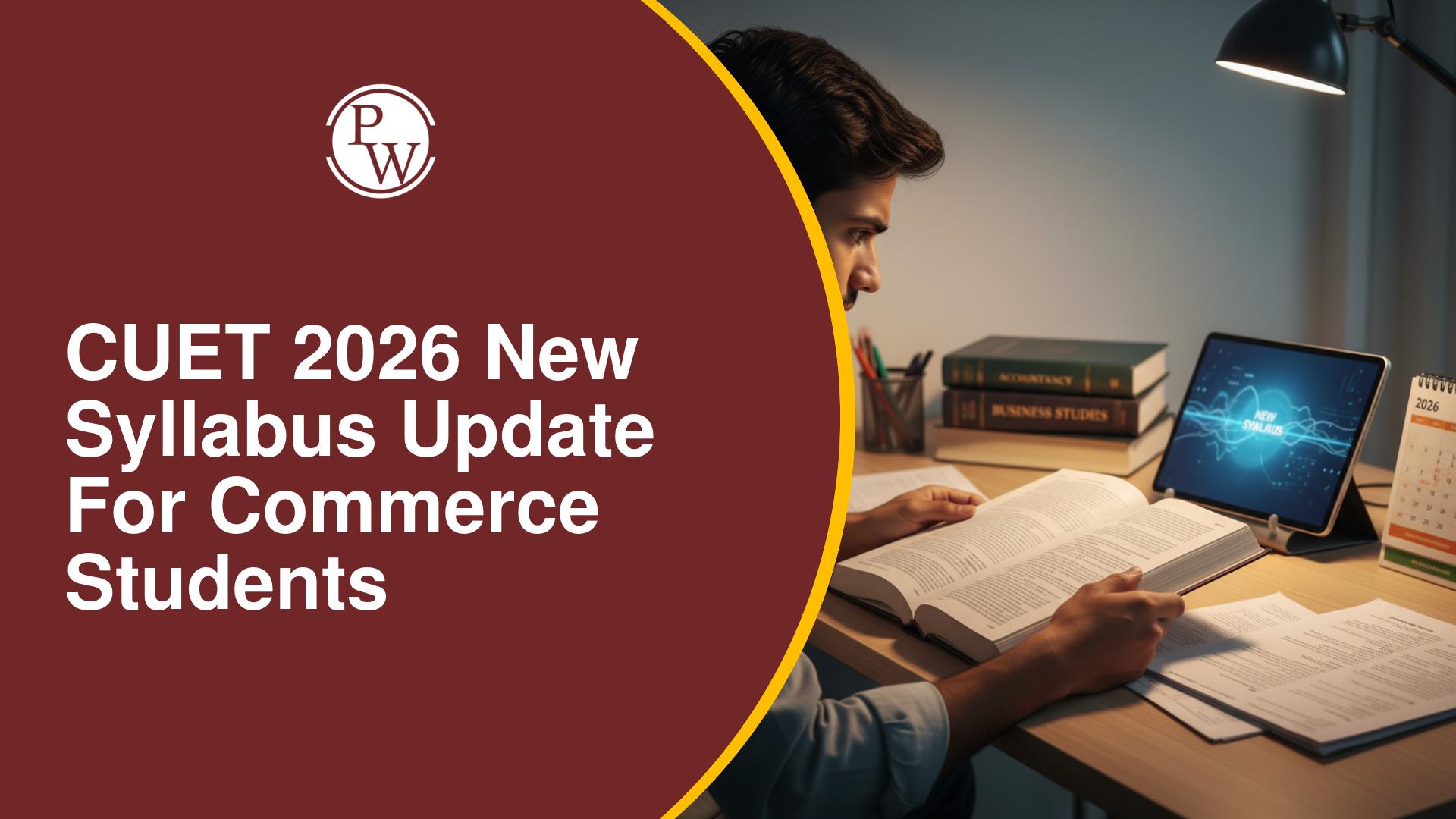
The International Monetary Fund (IMF) and the World Trade Organization (WTO) are influential global institutions shaping our economy and trade. The WTO is the sole international organization that regulates trade rules between countries, established on January 1, 1995, after the Marrakesh Agreement. It ensures smooth and predictable trade across borders.
The IMF, comprising 190 member countries, aims to foster global economic stability and growth. The IMF enhances productivity, creates jobs, and improves economic well-being by promoting policies that encourage economic cooperation. This article delves into the functions, objectives, and roles of the IMF and WTO, providing a comprehensive understanding of their impact on the global economy.What are the Objectives of the International Monetary Fund (IMF) and the World Trade Organisation (WTO)?
The International Monetary Fund (IMF) and the World Trade Organization (WTO) are vital to the global economy. The IMF ensures monetary stability and cooperation, while the WTO regulates and liberalizes international trade. Here, check the details on the objectives of WTO and IMF:Objectives of World Trade Organisation (WTO)
The World Trade Organisation has several primary objectives. Get here all the information on the objectives of WTO:- Trade Liberalisation: The WTO aims to gradually liberalise service trade as outlined in the General Agreement on Trade in Services (GATS), ensuring flexibility for developing countries.
- Supporting Developing Nations: The WTO is committed to considering the needs of developing countries, particularly small and medium service providers while maintaining the principles and framework of the GATS.
Objectives of International Monetary Fund (IMF)
The International Monetary Fund has several key objectives. We've mentioned here complete details on the objectives of IMF:- Global Monetary Cooperation: The IMF aims to foster cooperation among its member countries by providing a platform for discussion and collaboration on international monetary issues.
- Exchange Rate Stability: The IMF works to maintain stable exchange rates among member countries, preventing unnecessary competitive devaluations.
- Promoting International Trade: The IMF seeks to promote and expand global trade, ensuring its balanced and steady growth.
- Eliminating Exchange Controls: One of the IMF's goals is to remove prevalent exchange controls before World War II, helping maintain fair and predictable exchange rates.
Also Read: Difference Between Trading and Investing
Functions of WTO & IMF
Here, we've mentioned the comprehensive information on the Functions of International Monetary Fund (IMF) and World Trade Organisation (WTO):Functions of World Trade Organisation (WTO)
The World Trade Organisation (WTO) carries out several important functions:- Trade Negotiations: The WTO facilitates trade negotiations among member countries.
- Enforcing Trade Rules: The WTO ensures that member countries adhere to agreed trade policies and review mechanisms.
- Collaboration: The WTO works with other international organizations, such as the World Bank and the IMF.
- Technical Assistance: The WTO provides technical support to member countries on trade-related issues and offers a platform for discussing future trade policies.
- Global Trade Database: The WTO maintains a global trade database and provides tools for managing and operating bilateral and multilateral trade agreements.
Functions of International Monetary Fund (IMF)
The International Monetary Fund (IMF) serves several key functions:- Maintaining Exchange Stability: The IMF works to stabilise exchange rates and prevent sudden swings in currency values.
- Financial Assistance: The IMF provides financial support to member countries by lending foreign currencies to address short-term balance-of-payment issues.
- Setting Currency Values: The IMF helps establish the values of its member countries' currencies.
- Economic Advice: The IMF offers advice on financial and economic matters, helping member countries stabilize their economies.
- Credit Facilities: The IMF maintains various borrowing and credit facilities to assist countries in managing their balance of payments problems.
Role of International Monetary Fund and World Trade Organisation
The Role of the International Monetary Fund (IMF) and the World Trade Organisation (WTO) in International Trade are as follows:Role of International Monetary Fund (IMF)
The International Monetary Fund plays a key role in international trade by:- Economic Monitoring: The IMF reviews member countries' economies, highlighting issues like large deficits or high debt levels that could impact trade.
- Financial Support: The IMF provides up to $300 billion in loans to countries facing financial crises, funded by member contributions.
- Loan Conditions: Countries often need to meet specific conditions to receive IMF loans, such as reducing deficits, controlling inflation, and removing trade barriers.
- Technical Assistance: The IMF offers reports and educational resources to help countries improve their economic policies.
Role of World Trade Organisation (WTO)
The World Trade Organisation contributes to international trade by:- Dispute Resolution: It acts as a tribunal where countries can file complaints about trade rule violations, and over 400 cases have been handled since 1995.
- Trade Policy Monitoring: The WTO regularly reviews member countries' trade policies to ensure compliance with international rules and assess their impact on global trade.
- Training and Support: The WTO provides training, especially in developing regions, to help improve trade practices.
- Resource Allocation: It ensures that trade agreements include provisions for least-developed countries, helping them gain better trade opportunities and support for developing their trade infrastructure.
Also Check: Commerce Class 12, Syllabus, Subjects, Detailed Concepts
Therefore, The IMF and WTO work together to enhance global economic health and trade fairness. Their roles in monitoring, supporting, and regulating are crucial for a balanced global economy. Furthermore, Physics Wallah (PW) excels as a top choice for commerce coaching. Known for its effective teaching methods and strong exam preparation, PW helps students achieve academic success and gain a thorough understanding of commerce subjects. Ready to excel in your commerce studies? Join now for the PW Commerce Online Course and boost on your path to academic success!| Also Check: | |
| Delegation of Authority | What is Communication? |
| What is Capitalism? | Meaning and Functions of Environment |
| Monopolistic Competition | What is Share Market? |
International Monetary Fund (IMF) and World Trade Organisation (WTO) FAQs
What is the motto of the IMF?
The IMF’s mission is to boost global economic growth, ensure financial stability, promote international trade, and reduce poverty worldwide.
What is the role of the IMF?
The IMF supports economic policies that enhance financial stability and cooperation among its 190 member countries, aiming for sustainable growth, job creation, and overall economic well-being.
What is the role of the WTO?
The WTO sets global trade rules, facilitates trade negotiations, resolves trade disputes, and supports developing countries' needs.
What type of organization is the IMF?
The IMF is a global organization of 190 countries focused on promoting the health of the world economy.
What are the 5 principles of the WTO?
The WTO operates on five key principles: nondiscrimination, reciprocity, enforceable commitments, transparency, and safety valves. These include the most-favored-nation (MFN) rule and national treatment principle.
🔥 Trending Blogs
Talk to a counsellorHave doubts? Our support team will be happy to assist you!

Check out these Related Articles
Free Learning Resources
PW Books
Notes (Class 10-12)
PW Study Materials
Notes (Class 6-9)
Ncert Solutions
Govt Exams
Class 6th to 12th Online Courses
Govt Job Exams Courses
UPSC Coaching
Defence Exam Coaching
Gate Exam Coaching
Other Exams
Know about Physics Wallah
Physics Wallah is an Indian edtech platform that provides accessible & comprehensive learning experiences to students from Class 6th to postgraduate level. We also provide extensive NCERT solutions, sample paper, NEET, JEE Mains, BITSAT previous year papers & more such resources to students. Physics Wallah also caters to over 3.5 million registered students and over 78 lakh+ Youtube subscribers with 4.8 rating on its app.
We Stand Out because
We provide students with intensive courses with India’s qualified & experienced faculties & mentors. PW strives to make the learning experience comprehensive and accessible for students of all sections of society. We believe in empowering every single student who couldn't dream of a good career in engineering and medical field earlier.
Our Key Focus Areas
Physics Wallah's main focus is to make the learning experience as economical as possible for all students. With our affordable courses like Lakshya, Udaan and Arjuna and many others, we have been able to provide a platform for lakhs of aspirants. From providing Chemistry, Maths, Physics formula to giving e-books of eminent authors like RD Sharma, RS Aggarwal and Lakhmir Singh, PW focuses on every single student's need for preparation.
What Makes Us Different
Physics Wallah strives to develop a comprehensive pedagogical structure for students, where they get a state-of-the-art learning experience with study material and resources. Apart from catering students preparing for JEE Mains and NEET, PW also provides study material for each state board like Uttar Pradesh, Bihar, and others
Copyright © 2026 Physicswallah Limited All rights reserved.









